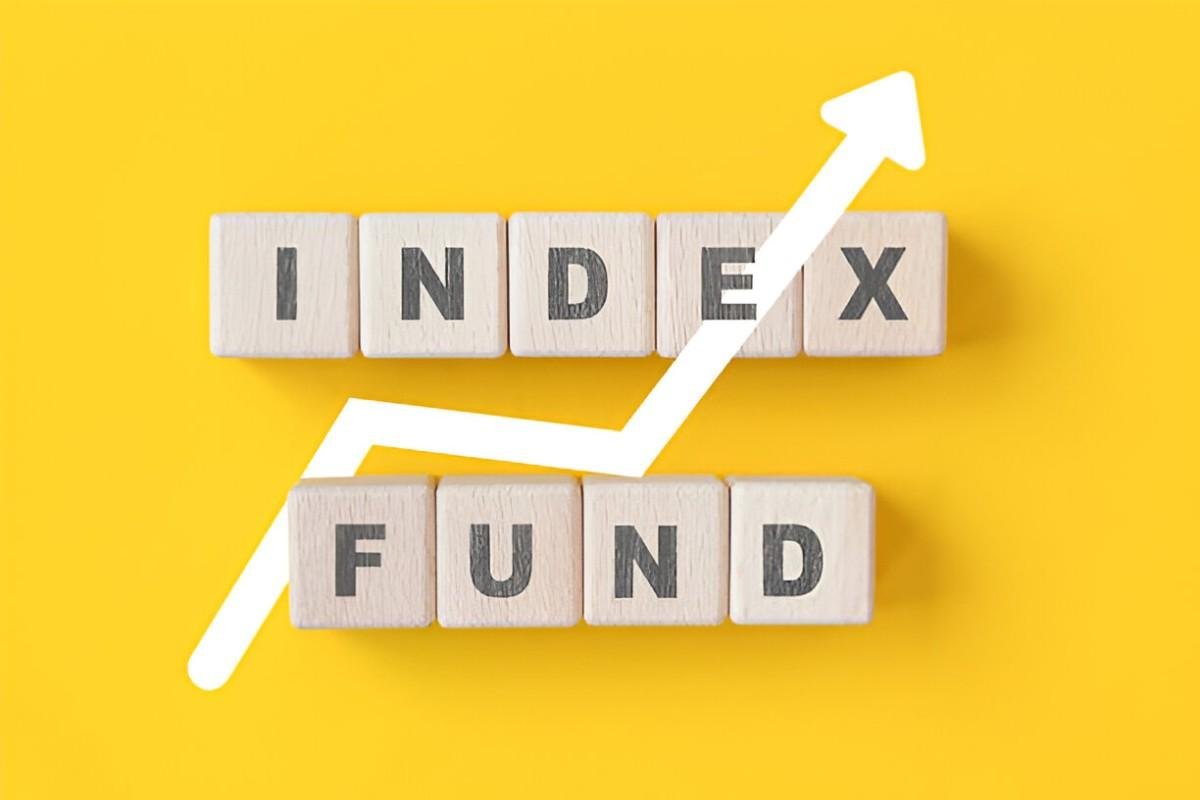As a finance expert, I often get asked whether index funds and mutual funds are the same. The short answer is no—they differ in structure, management style, costs, and performance. However, the relationship between them is nuanced. In this deep dive, I’ll break down the distinctions, similarities, and which might be better for different investors.
Table of Contents
What Are Mutual Funds?
Mutual funds pool money from multiple investors to buy a diversified portfolio of stocks, bonds, or other securities. They come in two main types:
- Actively Managed Mutual Funds – Professional fund managers pick securities to outperform the market.
- Passively Managed Mutual Funds – Track a market index (these are index funds).
How Mutual Funds Work
When you invest in a mutual fund, you buy shares at the Net Asset Value (NAV), calculated as:
NAV = \frac{Total\ Assets - Total\ Liabilities}{Number\ of\ Outstanding\ Shares}For example, if a fund has $100 million in assets, $5 million in liabilities, and 5 million shares:
NAV = \frac{100,000,000 - 5,000,000}{5,000,000} = \$19\ per\ shareMutual funds price once per day after market close.
What Are Index Funds?
Index funds are a subset of mutual funds (or ETFs) that passively track a market index like the S&P 500. Instead of active stock-picking, they replicate the index’s holdings.
Key Features of Index Funds
- Low Costs – No need for expensive fund managers.
- Market-Matching Returns – They don’t beat the index but mirror it.
- Tax Efficiency – Lower turnover means fewer capital gains distributions.
Comparing Index Funds and Mutual Funds
| Feature | Index Funds | Actively Managed Mutual Funds |
|---|---|---|
| Management Style | Passive | Active |
| Expense Ratio | Low (0.02% – 0.20%) | High (0.50% – 2.00%) |
| Performance Goal | Match index returns | Outperform the market |
| Turnover Rate | Low | High |
| Tax Efficiency | High | Low |
Cost Differences
Expense ratios eat into returns over time. Consider two funds:
- Index Fund: 0.04% fee
- Active Mutual Fund: 1.00% fee
If both return 7% annually before fees, over 30 years on a $10,000 investment:
FV_{Index} = 10,000 \times (1 + 0.0696)^{30} \approx \$76,123 FV_{Active} = 10,000 \times (1 + 0.06)^{30} \approx \$57,435The index fund leaves you $18,688 richer due to lower fees.
Which One Should You Choose?
When Index Funds Win
- You want low-cost, consistent returns.
- You prefer tax efficiency.
- You believe in the efficient market hypothesis.
When Active Mutual Funds Might Win
- In inefficient markets (small-cap, emerging markets).
- If you find a proven, low-cost active manager (rare).
Common Misconceptions
- “All Mutual Funds Are Actively Managed” – False. Index funds are mutual funds too.
- “Index Funds Always Perform Better” – Mostly true long-term, but not always.
- “Active Funds Are Always Bad” – Some outperform, but consistently picking them is hard.
Final Thoughts
Index funds are a type of mutual fund, but not all mutual funds are index funds. For most investors, low-cost index funds are the smarter choice due to their cost efficiency and reliable market-matching returns. However, if you have strong conviction in an active manager, a carefully selected mutual fund might fit your strategy.





